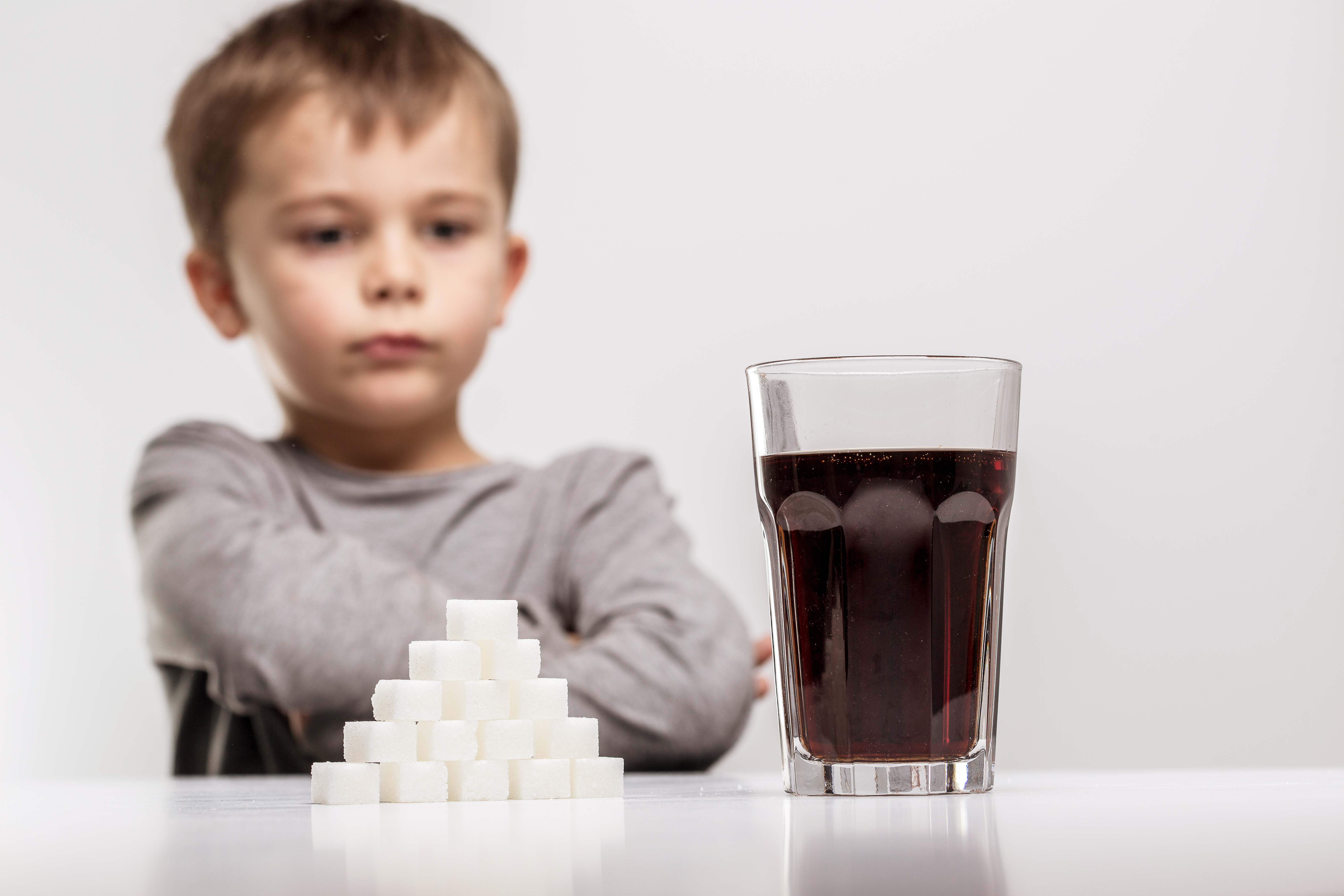Sugar Intake and Its Effects on Babies, Adolescents, and Teenagers
 From birthday cake to juice boxes, sugar seems to sneak into every corner of a child’s diet. While occasional treats are perfectly fine, consistently high sugar intake can have serious consequences for children of all ages—from babies to teenagers. Understanding how sugar affects developing bodies and minds can help parents and caregivers make healthier choices for their families.
From birthday cake to juice boxes, sugar seems to sneak into every corner of a child’s diet. While occasional treats are perfectly fine, consistently high sugar intake can have serious consequences for children of all ages—from babies to teenagers. Understanding how sugar affects developing bodies and minds can help parents and caregivers make healthier choices for their families.
How Sugar Affects Babies
Babies do not need added sugar in their diets. In fact, the American Heart Association recommends no added sugar for children under 2 years old. Excess sugar at this age can lead to:
- Poor nutrition – Sugary foods often displace nutrient-rich foods that support growth and development.
- Tooth decay – Even before the first tooth appears, sugar can contribute to early childhood cavities, especially from sweetened drinks like juice or flavored milk.
- Developing a sweet tooth – Introducing sugar too early can create a preference for sweet tastes, making it harder for babies to enjoy healthier foods like vegetables.
Sugar’s Impact on Adolescents
As children grow, their sugar intake often increases—particularly from sodas, energy drinks and processed snacks. For adolescents, high sugar consumption is linked to:
- Weight gain and obesity – Empty calories from sugar can lead to excessive weight gain and a higher risk of obesity.
- Increased risk of type 2 diabetes – Sugar-rich diets may impair insulin sensitivity, especially when combined with low physical activity.
- Mood swings and behavior issues – Rapid spikes and crashes in blood sugar can affect mood, attention span and school performance.
Teenagers and Sugar: A Dangerous Combination
Teenagers face even more temptation from sugary drinks, fast food and social habits that include constant snacking. Overconsumption of sugar in teens can lead to:
- Skin problems – High sugar levels may contribute to acne and other skin concerns.
- Poor mental health – Some studies suggest that excessive sugar intake may be linked to anxiety and depression in teens.
- Long-term health risks – Heart disease, liver issues and chronic inflammation can begin to take root during the teen years if sugar intake is too high.
Healthy Alternatives to Sugar
Reducing sugar doesn’t mean giving up flavor or fun. Here are some healthier alternatives for kids of all ages:
- Fresh fruit Naturally sweet and packed with fiber, vitamins and antioxidants.
- Unsweetened applesauce or yogurt – Great substitutes in baking or as snacks.
- Infused water – Add slices of cucumber, strawberries or lemon to water instead of reaching for juice or soda.
- Nut butters and whole grain snacks – These provide long-lasting energy and satisfaction.
- Homemade treats – When baking at home, try reducing sugar in recipes or using mashed bananas, dates or pureed fruit as sweeteners.
Healthy Alternatives to Sugar
- Read nutrition labels carefully—sugar hides under names like corn syrup, fructose, sucrose and agave nectar.
- Set a good example by choosing healthier foods and limiting sweets at home.
- Teach kids to enjoy treats in moderation rather than making them completely off-limits.
Final Thoughts
At Goldsboro Pediatrics, we care about your child’s total health and development. Reducing sugar intake can be one of the most important steps you take in setting your child up for lifelong health. From baby bottles to high school lunchboxes, making thoughtful choices today helps protect your child’s well-being for years to come.
If you have questions about your child’s diet or nutrition, don’t hesitate to reach out to your pediatrician. We’re here to help.
Sources:
World Health Organization
Centers for Disease Control and Prevention
Centers for Disease Control and Prevention
Heart.Org
Back to Archive
